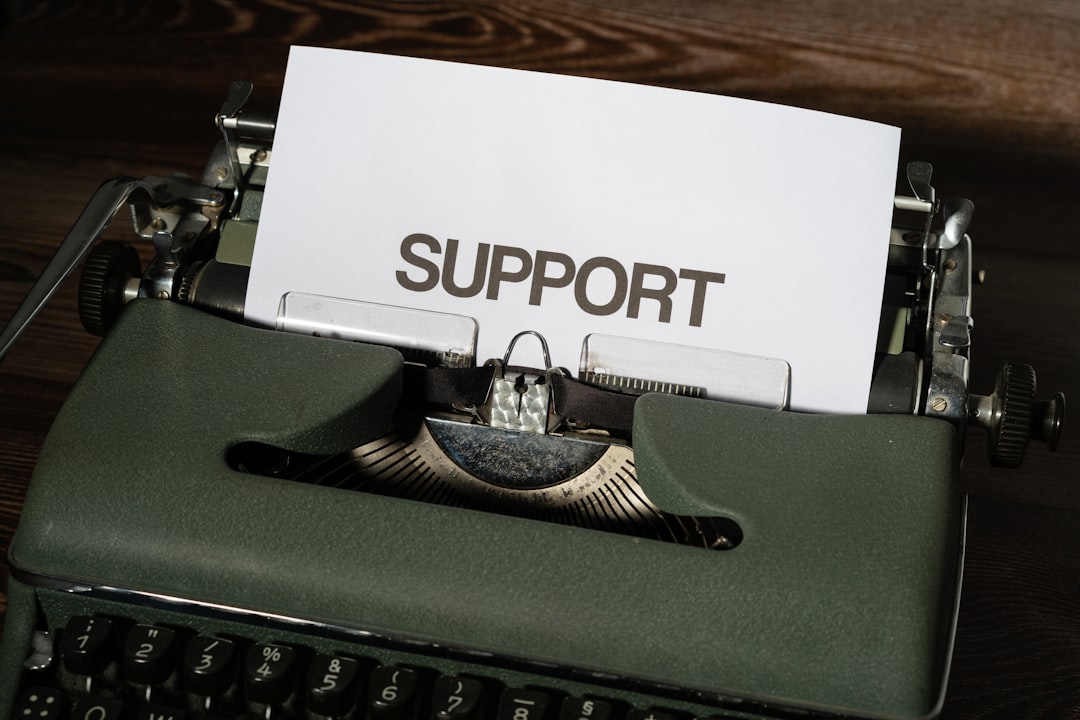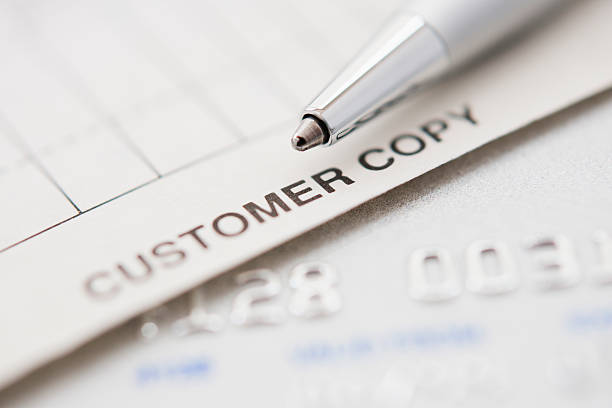
In an increasingly complex world, assistance programs serve as vital lifelines, offering a diverse array of support designed to foster stability, oppo...
Read More
Discovering an error on your credit report can be a disconcerting experience, as these documents wield significant power over your financial opportuni...
Read More
Are you managing your debt? Or is it managing you? If you're stuck in a money quicksand trap, you may not even realize at first that you're in a finan...
Read More
- Start by taking inventory of all your outstanding debts. - Look for ways to maximize your disposable income so you can put more money towards your ...
Read More
Entering one’s twenties often marks the beginning of true financial independence, a period of exciting possibilities juxtaposed with significant eco...
Read More
Navigating the labyrinth of healthcare debt requires a unique blend of financial strategy and systemic understanding, distinct from managing other for...
Read MoreThis is a letter you can send to a collector demanding they prove you legally owe the debt and that they have the right to collect it. They must cease collection efforts until they provide this validation. This is a powerful tool to ensure the debt is legitimate.
Consolidation (combining multiple debts into one new loan) can be helpful if it lowers your overall interest rate and simplifies payments. A balance transfer to a card with a 0% introductory APR can be a powerful tool for paying down high-interest credit card debt faster, but beware of transfer fees and the high rate that kicks in after the promo period.
A hard inquiry occurs when a lender checks your report for a credit application. It can lower your score by a few points and remains for 2 years (though impact fades faster).
Yes. Proactively calling your creditors to explain your situation can sometimes lead to hardship programs. They may offer temporarily reduced interest rates or lower minimum payments, which would provide immediate relief to your PTI.
BNPL plans allow small, manageable payments but can encourage overspending. Multiple BNPL agreements can silently accumulate, creating a significant monthly burden that suddenly contributes to overextension.